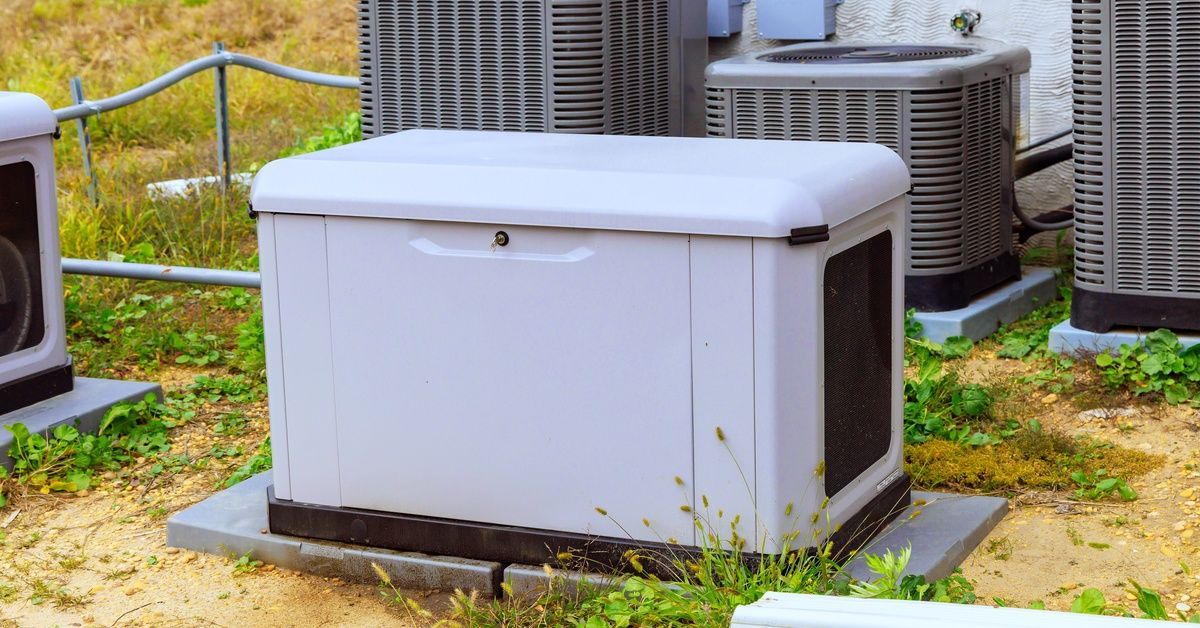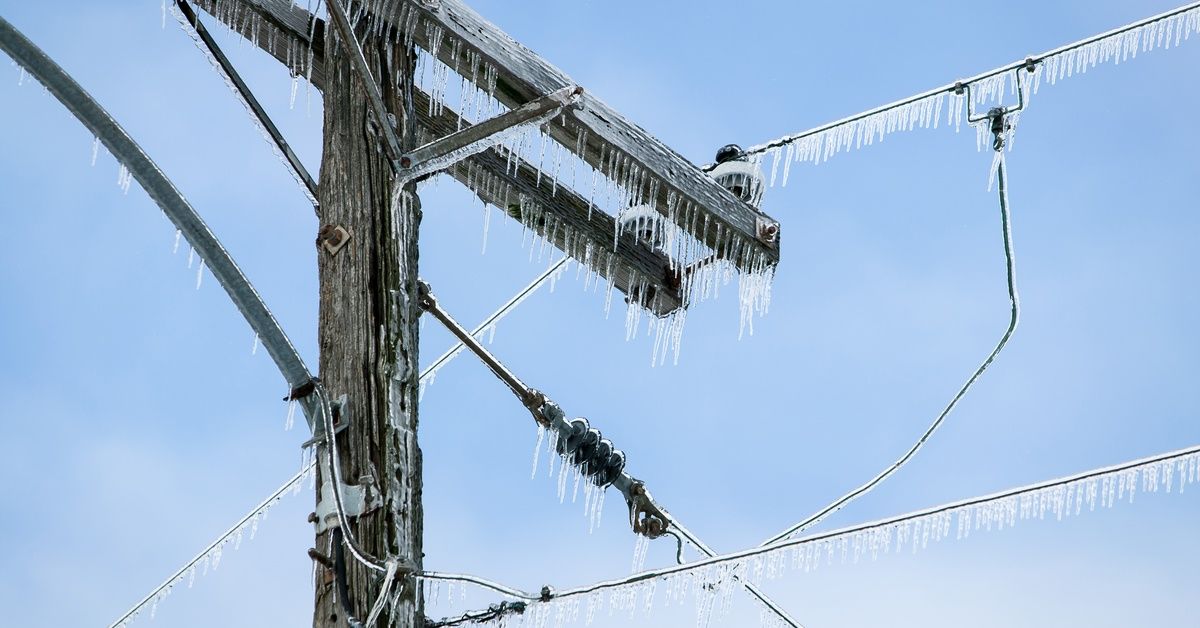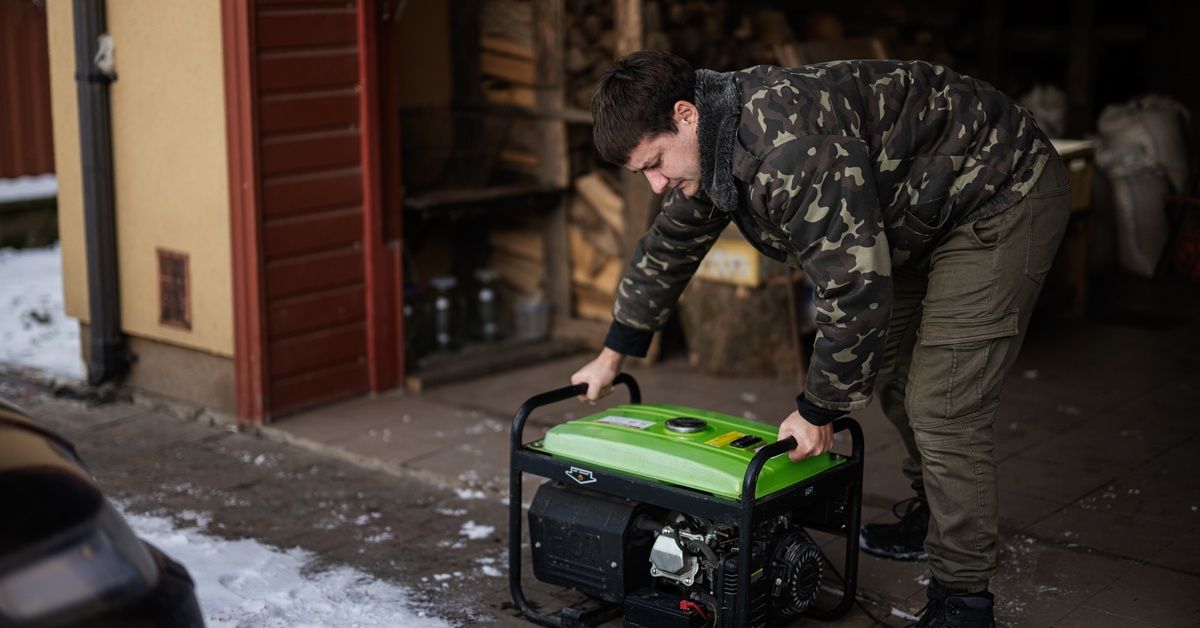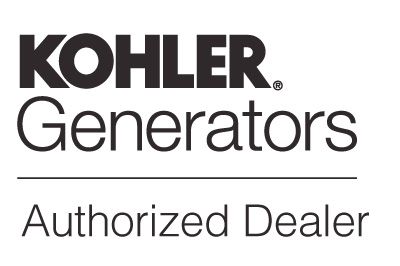Debunking 5 Common Home Generator Misconceptions
When it comes to home generators, many people hold misconceptions that can make them hesitate to invest in a backup power source. However, these misunderstandings can leave homeowners unprepared for unexpected power outages.
To help you ready yourself for any circumstance, we'll debunk five common home generator misconceptions.
Myth #1: Home Generators Are Too Loud and Disruptive
While it's true that older generator models may have been quite noisy, modern home generators operate silently and unobtrusively. Many new models boast sound insulation and noise-reducing technology, allowing them to run quietly enough that you might not even notice they're on. This means you can enjoy a peaceful home environment, even when the generator is hard at work.
Myth #2: Home Generators Are Expensive and Impractical
It's no secret that purchasing and installing a home generator requires an initial investment. However, weighing these costs against the potential financial losses that come from a prolonged power outage is important.
A reliable backup power source can help prevent food spoilage, burst pipes, and other costly damages. A home generator can be a practical and cost-effective investment when considering the potential insurance savings.
Myth #3: It's Difficult To Maintain a Home Generator
Proper maintenance is crucial for ensuring the reliability and longevity of any generator. However, many homeowners mistakenly believe that this process is time-consuming and complicated. Homeowners can complete routine care, such as checking oil levels and inspecting components or hiring professional services. With regular upkeep, your generator can provide many years of reliable backup power.
Myth #4: Home Generators Are Unsafe
Safety concerns are a common reason prospective buyers hesitate to install a home generator. While it's important to exercise caution and follow safety guidelines, modern generators have numerous safety features, such as:
- automatic shut-off systems
- overload protection
- carbon monoxide detectors
These features make them a safe component of your home's infrastructure. After following recommended installation and operation procedures, homeowners can confidently depend on their generators during power outages.
Myth #5: Portable Generators Are As Effective as Standby Generators
Portable generators can provide temporary power during an outage but have limitations. Standby generators are more reliable since they're permanently installed and operate automatically when the power goes out. Also, standby generators can power an entire home, while portable generators are typically limited in capacity and must be refueled frequently.
There you have it—five common home generator misconceptions debunked! If you’re considering a backup power source for your home, don't let these myths stand in your way. Instead, contact our team of professional backup generator installers. They can guide you through the process and provide expert advice on the best option for your needs.






